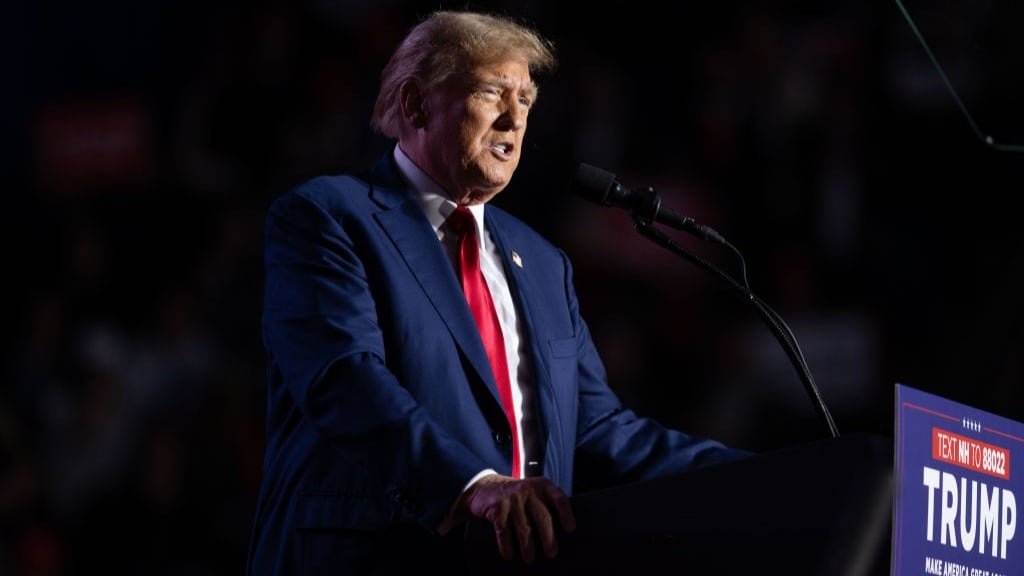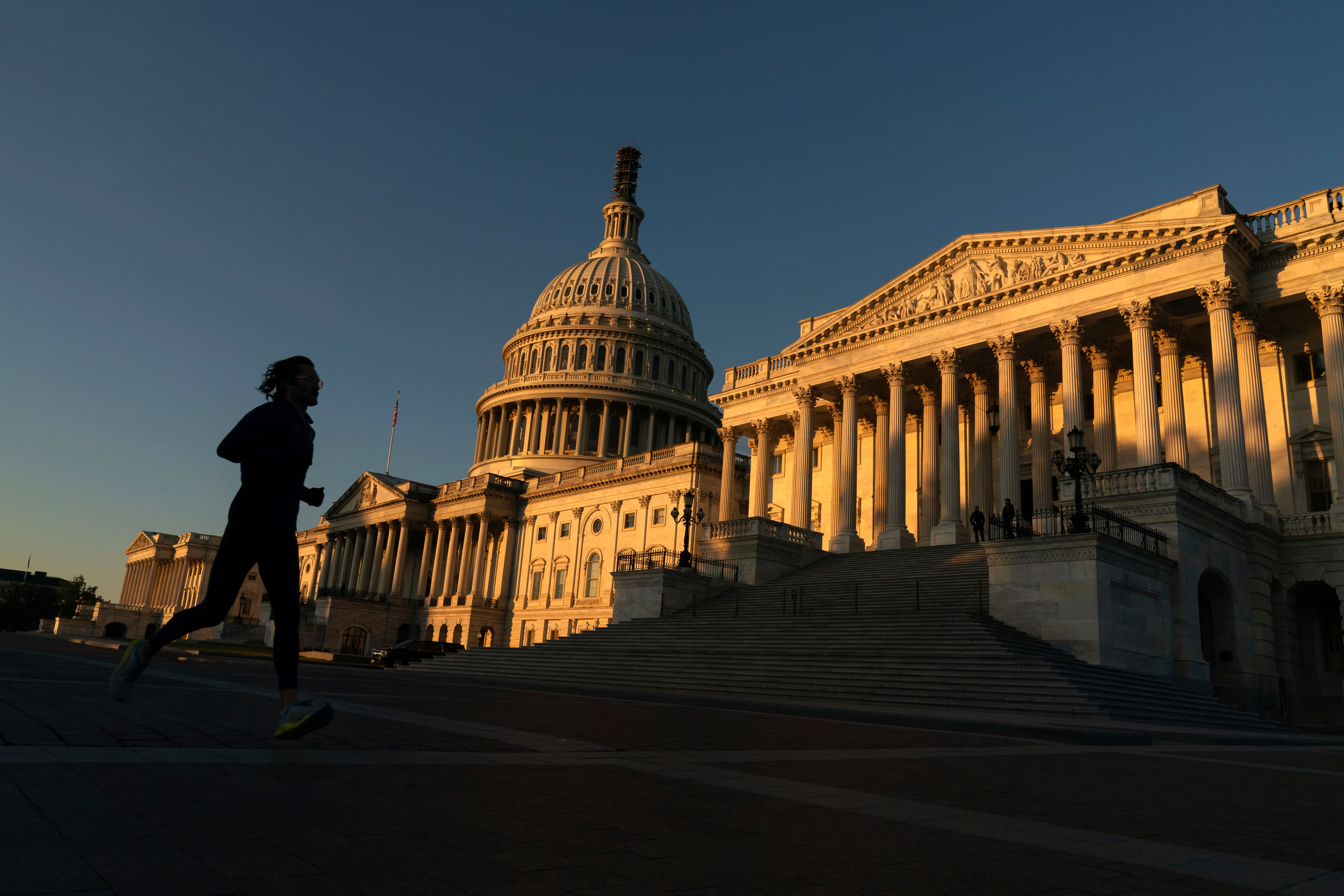Even with California, the sixth biggest economy in the world, legalizing pot, incongruities in state and federal law hinder growth in the marijuana market.
That’s according to Paul Armentano, Deputy Director of the National Organization for the Reform of Marijuana Laws (NORML).
“Californians, like most Americans, believe that it’s preferable to have the commercial marijuana market governed by licensed businesses, rather than by cartels and drug dealers,” Armentano said.
“But unfortunately these businesses, even when they are state compliant and locally compliant, largely cannot act in a transparent manner, because they do not have access to banking. They can’t run credit cards, and we see little accountability or transparency because of this conflict with the federal government.”
But there might be some progress. Legalizing marijuana on a federal level has gained bipartisan support in Congress, with Representatives Tom Garrett (R-VA) and Tulsi Gabbard (D-HI) introducing a bill last March calling for an end to marijuana prohibition on the federal level.
The “Ending Federal Marijuana Prohibition Act of 2017” would put legislative power in the hands of states and remove cannabis as a Schedule I drug. Knowingly taking marijuana to a state where it’s prohibited, though, would still be subject to criminal penalties.
For full interview [click here](https://cheddar.com/videos/weed-across-america-federal-vs-state-laws).
In the Red Sea this morning, a U.S. warship, the USS Carney responded to a distress call by a commercial vessel after it came under attack.
The Florida GOP suspended its chairman yesterday amid a police investigation into a rape accusation against him.
Lawmakers may finally be close to a deal for a new border security bill.
A car crashed into a parked Secret Service SUV that was guarding President Biden's motorcade in Delaware on Sunday.
A car plowed into a parked SUV that was guarding President Joe Biden’s motorcade Sunday night while the president was leaving a visit to his campaign headquarters.
Negotiators insist they are making progress, but a hoped-for framework did not emerge. The talks come as Donald Trump, the Republican presidential front-runner in 2024, delivered alarming anti-immigrant remarks about “blood” purity over the weekend, echoing Nazi slogans of World War II at a political rally.
The Supreme Court decided to leave in place a ban on semi-automatic weapons in the state of Illinois.
The Senate passed a bill giving retroactive pay increases to those service members who may have been affected by the hold on military promotions caused by Senator Tommy Tuberville.
Jurors are expected to resume deliberations this morning in a case that centers on how much Donald Trump's former lawyer Rudy Giuliani must pay in his damages defamation trial.
President Biden said Israel needs to be more careful when it comes to civilian deaths in its war with Hamas as the next phase of the war is weeks away.












